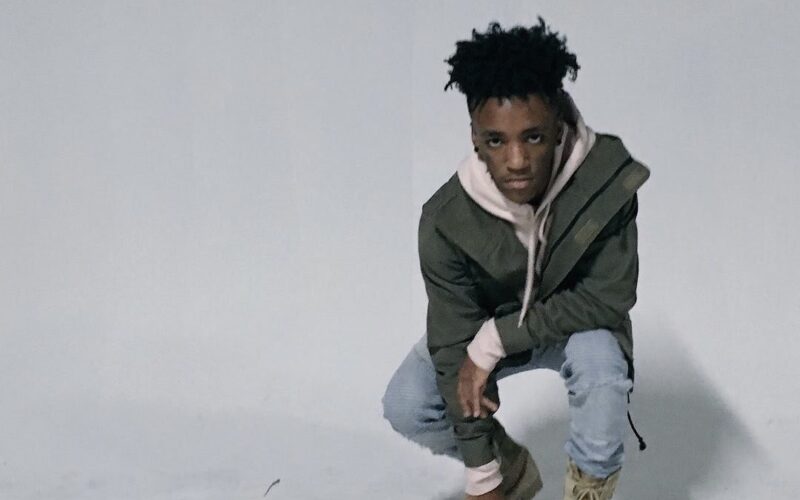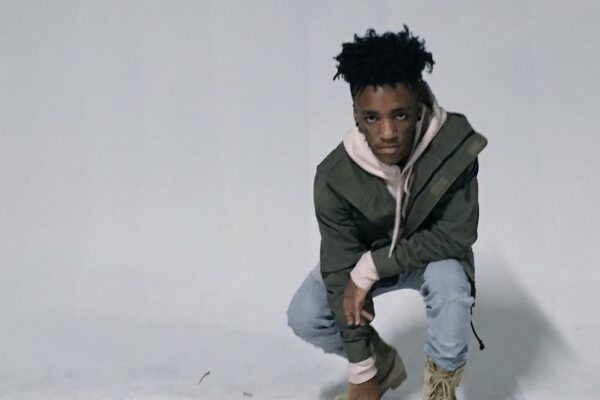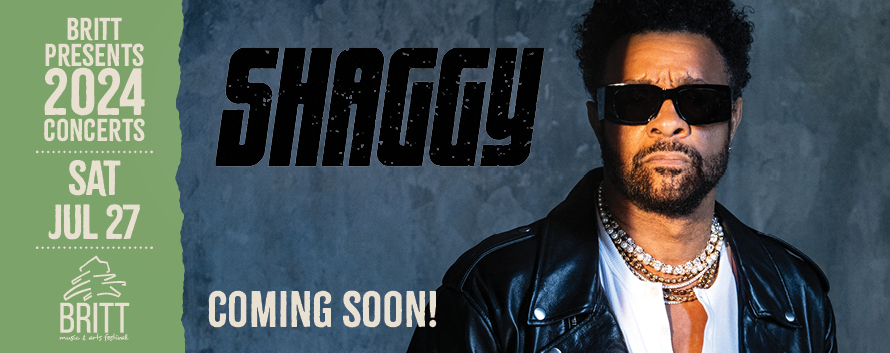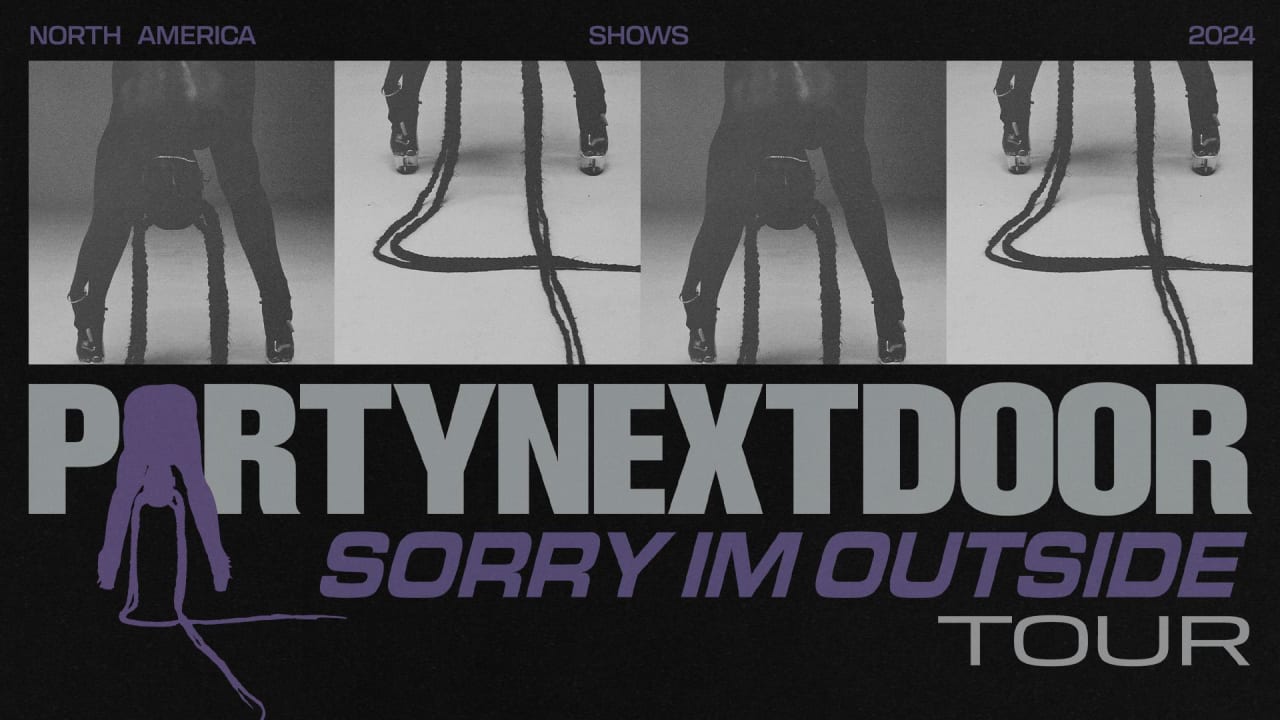Taiyo Coates’ bylines speak for themselves. A seasoned hip-hop and R&B journalist/editor, he has published over 250 articles, playlists, interviews, and live music reviews. Most notably for Variety and HotNewHipHop. From his vivid review of Kendrick’s ‘The Big Steppers’ Tour to his unbiased coverage of Kanye West, to last year’s write-up on Saba’s Few Good Things (our selection for AOTY in 2022), Taiyo’s measured, concise style captivates readers searching for the essence of the music they love.
“Unfortunately, now a lot of the budget is being dictated by engagement in the same way that I was speaking of previously. Hiring is done to keep publications relevant, not respected.” -Taiyo Coates
Also an experienced artist development consultant, Taiyo has worked directly with over 500 artists at varying career stages to improve their sound, strategy, and public image.
As important as his pedigree as a journalist and artist whisperer is Taiyo’s passion for advancing culture. He consistently identifies and challenges shortcomings in music journalism and the industry as a whole. Frequently offering actionable solutions to long-standing issues.
We were lucky enough to speak to Taiyo about his experience in the space, breaking our conversation into three distinct sections.
- Responsible Journalism & Black Art
- Music Industry Hiring/HR Practices
- Artist Development
Last week’s segment focused on the responsibility of journalists covering Black Art. Today, the conversation addresses music industry hiring practices, and the lack of transparency surrounding them.
Today’s Hip Hop: So now we are going to shift the conversation to the HR/Hiring practices section of our discussion. It’s a topic you’ve been very outspoken about on LinkedIn. To start, why aren’t more Black professionals hired for positions at companies that profit from Black art?
Taiyo Coates: So, I’d consider it all part of a top-down system. Everything is right? And I don’t even mean like a deep-rooted, figurative system, it’s a literal one. So you have the overarching people, then you have employers, and then you have employees. And, if there was an overwhelming respect for the art, a lot of people would lose their jobs. Because you have people that are here only for the numbers that have no idea about the art. Because you have people that are here for the gossip that have no idea about the art the industry lacks transparency. If there were more Black people involved in Black art, the respect, the love for the art would go up and the metrics would go down initially.
And people in leadership roles are not looking for that dip to happen because we would not only skew away from the gossip to some extent, but we would also no longer be in it for the numbers. Keeping those numbers up is what they’re interested in.
It extends to the music too – label heads want us to make music about certain things. Because it generates profit for them. We are making music. If all the label heads were black, we would be like, nah, we’re not making this music that impacts us negatively to a certain extent. In the current model, of course, you can still tell your real-life stories, but some of this is manufactured by these labels, and that allows them to drive revenue. Publications hire people that won’t question what the labels are doing. It’s a never-ending cycle. And if you hire too many people to do what’s right, you can’t profit from the wrong things, you know?
THH: Absolutely. And you mentioned an initial dip. I think that’s interesting because do you think that if these labels or publications weathered that initial dip, that eventually the numbers would get higher than they are now?
TC: For sure. A lot of numbers are based on viewership versus engagement time. That’s the key difference nowadays with short-form content taking over in general. Publications and artists should be making moves that lead to long viewership, long readership, people staying on your article for a minute, two minutes reading the whole thing. That’s part of the separation between responsible platforms and the ones I just described.
If you have Black artists and Black writers writing about black music or even music in general, the dip would come from the people that are interested in the gossip, the clickbait. People who don’t spend a long time with content. The positive is, you’d create long-term readership from people that care about the art. This is doubly important with Black art because we’re quick to leave your publication if we notice you’re disrespectful. Like, we don’t stand for that kind of shit, honestly. It’s not something we really play with. We don’t play with our music. So let’s say the dip came from the people outside of the culture that are looking for the gossip. It would instantly have a return on investment in the quality of your writing. Credibility, long-term. I’d be telling my people, hey, come check out this publication.
THH: For sure. Giving the right people the responsibility to cover the art will shift the focus. And taking that one step further, from a hiring perspective, do you think the music industry lacks transparency?
TC: To be entirely honest, this is a muddy area in my opinion because of high turnover, and hiring rates. So it’s not completely HR’s fault. Pre-pandemic, I feel things were a little better. I mean, it was still not transparent whatsoever. But in comparison, yeah. Unfortunately, now a lot of the budget is being, dictated by engagement in the same way that I was speaking of previously. Hiring is done to keep publications relevant, not respected.
THH: How does that show up when you’re applying for a job in the industry?
TC: Well, I’ve seen employers post a job listing just so that it could seem like a thousand people want to work there. You’ll see over 300 applications on LinkedIn, with no hires. Which makes no sense in the real world, but looking like you are doing more work or have more interest than you actually do is an example of the transparency issues you mentioned. These companies want to look like they are prospering or growing, but without actually hiring a single person.
I have a specific example that I don’t mind sharing because you’ve been so supportive. I applied for a job in the industry. Six-figure deal, eight-month hiring process. They ended up not even hiring externally for the position at all. Not once did they communicate this with me in the eight months of calls that I had. In the hundreds of conversations.
And that’s happening across the board with so many Black journalists, specifically, because we are the ones that will speak on certain things if we get in that position, you know? So they have to ascertain what their return on investment is. What their intentions are. If they are seeking quality, then they’ll be hiring certain people, you feel me?
THH: What kind of people are they looking for then?
TC: Their return investment right now is place holding. Continuing the values they already have in place. So transparency for us doesn’t exist because they don’t want to hire someone who’s going to be a change maker. Nah. Especially in this era of journalism. They just want to get back to where they were before the pandemic. Versus realizing that the pandemic didn’t stop change. Like if anything, it drove more change. So you should be bringing in people that will speak up on new topics, new ideas, et cetera. But instead, on the hiring side, companies kind of look more into what you’ve done, and determine if you’d be a quality fit for what they already have going on.
Post Views: 493













Leave a Reply